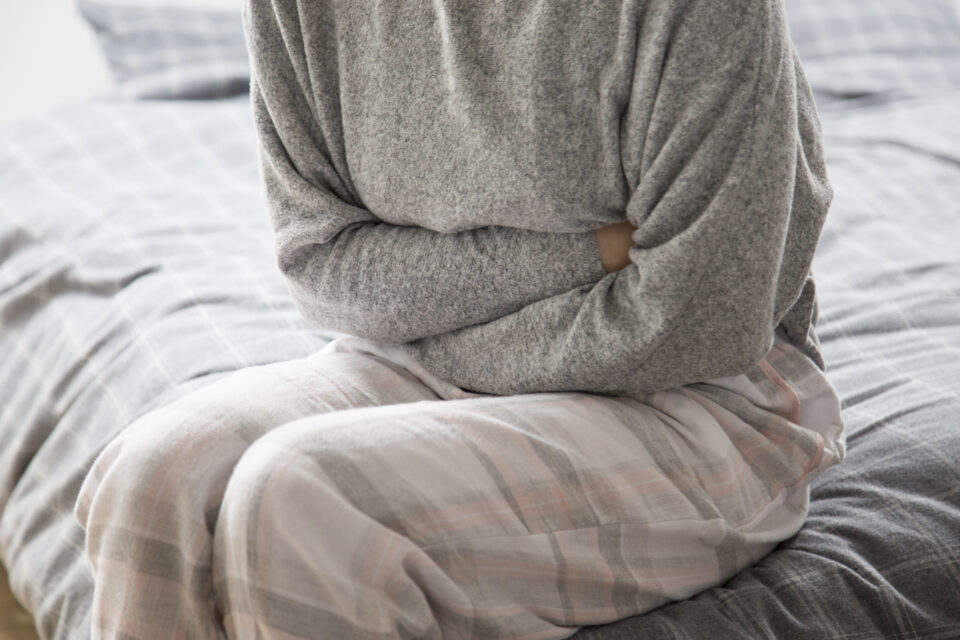Tampons are generally considered safe and healthy menstrual products. It’s estimated that more than 100 million women in over 120 countries use tampons during their menstrual cycle. While tampons come with known risks such as Toxic Shock Syndrome (TSS), they’re considered a go-to menstrual product and are supported by gynecologists and women’s health professionals, alike. So, what is the cause for concern?
Tampon Found to Contain Toxic Metals
Most tampons contain fabrics made from the natural fiber cotton—derived from cellulose fibers of natural plants. The contamination of soil within the agricultural industry is a cause for concern. In fact, toxic heavy metals such as mercury, lead, and cadmium, can be leached into the plants growing within the soil.
Recently, news came out about an in-depth study done on the chemical makeup of tampons, leading to raised eyebrows and more questions than answers. According to the UC Berkeley School of Public Health, “a presence of 16 different heavy metals were found inside tampons from 14 different brands.” For this study, researchers evaluated the 16 heavy metals–arsenic, barium, calcium, cadmium, cobalt, chromium, copper, iron, manganese, mercury, nickel, lead, selenium, strontium, vanadium, and zinc.
While these findings were concerning, researchers did find that non-organic tampons had the highest concentration of lead, and organic tampons had the highest concentration of arsenic.
“We found metals present in all the tampons we tested, regardless of brand, organic or not, name brand, or store brand.” Researchers concluded that consumers cannot switch to a different brand and hope for a different outcome. All brands were affected by the toxic metals.
Alternative Menstrual Products
While tampons have been considered a safe option to use during menstruation, the findings of toxic chemicals in tampons has made consumers wary. Instead of using products with known toxic metals, consumers are urged to consider other alternatives during menstruation like menstrual cups, pads, or menstrual underwear. In addition, consumers should continue to use caution when using tampons to prevent Toxic Shock Syndrome, another potentially dangerous consequence of using tampons.
A Call to Action for Safer Menstrual Products
According to Sherry Ross, MD, a board-certified OB/GYN and Women’s Health Expert at Providence Saint John’s Health Center in Santa Monica, CA, “There should be transparency with everyday feminine products and associated health risks. Women should be able to make decisions on their health based on reliable medical research,” she continued, “More research is needed to determine how to quantify these known metals in tampons and understand what amounts could be detrimental or unhealthy to the person using them. It is also a call to action for tampon manufacturers to create safer guidelines made for everyday use by people.”
For parents with menstruating children, the concern of heavy metals in tampons is very real. Our children should be able to live their lives without fear of toxic metals in their products that they use on a monthly basis. In fact, it’s important for parents to be aware of these potentially dangerous products and take an active stand for their child’s health and well-being.

